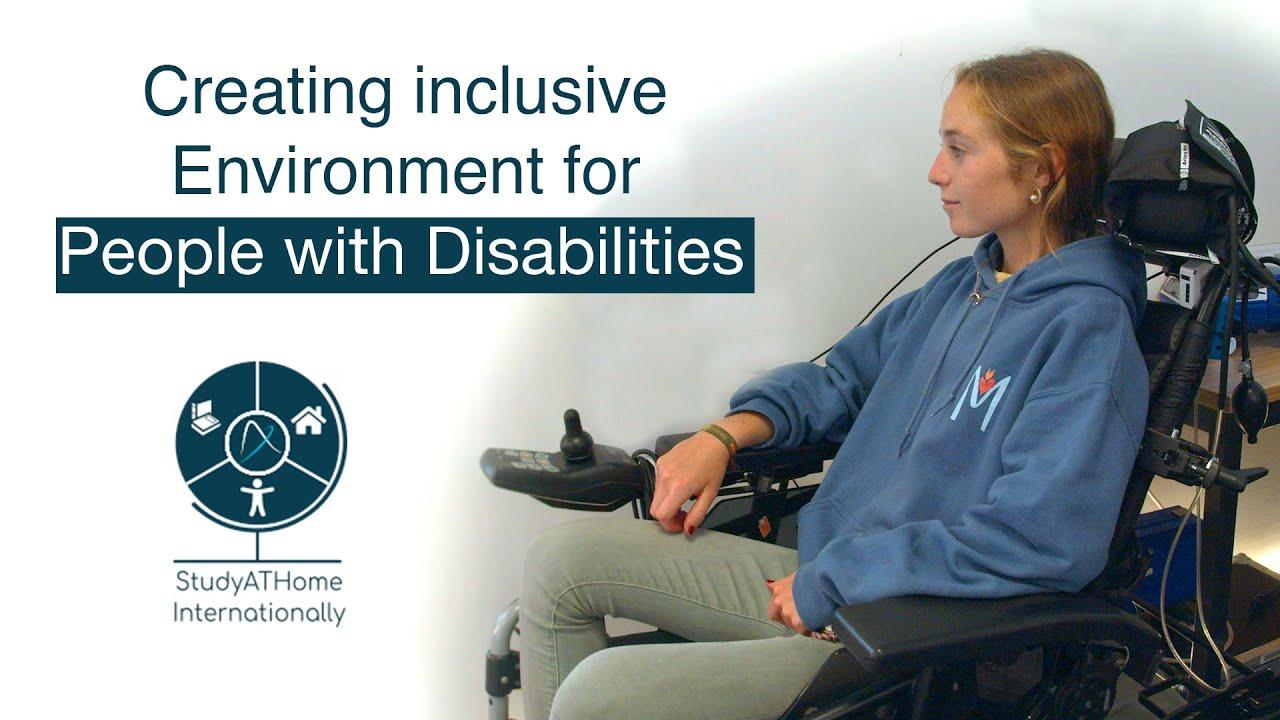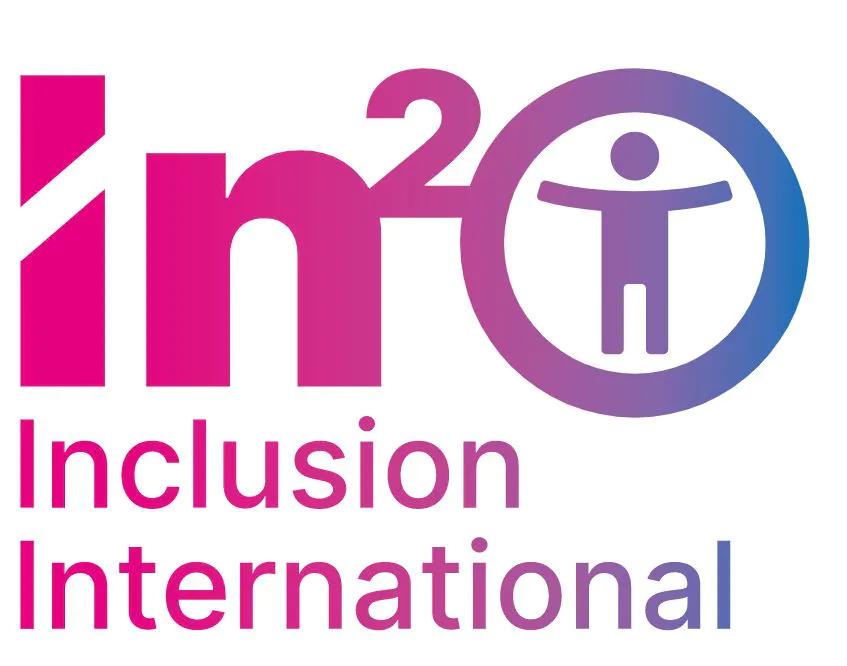Course ASSIST HEIDI – Designing and implementing Assistive Tools for people with disabilities
This awarded course (1st place, Profformance+ Award) brings students and people with disabilities (co-designer) together, to design and prototype an individual assistive technology solution with them. Students will learn the basics about disability, assistive tools, rapid prototyping and microcontrollers and will have access to materials, tools and equipment (e.g. 3D printer etc.).
The Smart Living Lab of the UAS Technikum Wien provides the perfect environment for the participants. This is the best opportunity to get to know people with disabilities, to contribute, develop and implement your own ideas.
In the project-based course with mixed teams of international (ERASMUS) students and UASTW students the following topics are covered (depending on the project chosen):
- Disabilities
- Assistive Tools
- Programming
- Microcontroller
- Rapid Prototyping
See Application form

Please accept cookies for external media to view videos
The course methodology will be similar to the ASSIST HEIDI summer school 2025.
See also #assistheidi (linkedin).
Facts
- Internationalization opportunity for part-time students
- Recognizable for the compulsory UASTW Internalization module!
- Co-Design of Assistive Solutions involving people with disabilities
- English, 6 ECTS
- Lecturers Martin Deinhofer, Alija Sabic and Sarah Langer
- The course will be offered in SS2026 and yearly in the summer semesters.
Prerequisites
- Study semester 3 or higher
- English communication skills
- Skills in one of 3D design/printing, programming or embedded development recommended
Course details
The course is based on the co-creation guide of matchmymaker.de and contains elements of team building and design thinking.
People with disabilities will talk about their disability and daily challenges. Afterwards, the students will form groups of 4-5 persons and co-design and implement a project idea supervised by the lecturers. Finally, the project results will be presented and will be evaluated by the co-designers and lecturers.
The classes will be on Wednesday 15:15 – 17:40 on campus in the Smart Living Lab.
Assessment Method
Two assignments at the beginning of the course help to learn the basics of soldering, 3D printing and the co-creation methodology.
- 2 x Assignment (graded as group work) = 2×10%
- 1 x Project work (graded as group work) = 80%
Application
See Application form at the bottom of the page!
Awards

Profformance Teacher Power Award: 1st price in the category Inclusion & Diversity
Funding
The course is operated by the project Inclusion International funded by the City of Vienna (call nr. 33-02).


Previous courses
The course ASSIST HEIDI was held 3 times (SS2023, WS2023, SS2024) with UAS TW students and international students. Subsequently, you will find a selection of topics and their results.
SS2023
In the course of SS2023 14 students (9 UAS TW, 5 international) participated the course in which Susanne Buchner-Sabathy and Oliver Klein contributed as HEIDIs (co-designer). In 4 mixed international teams, the students worked on
Marco-POIO (gadget to assist blind persons navigating back to a Point-of-Interest left behind by using haptic feedback in form of vibrations), die-melodie (Recognizing and converting music sheets to ABC music notation in order to make the notes readable by screen readers), FAVI (adding voice commands to the Flexible Assistive Button Interface FABI), Tactile Pictures (Converting selected pictures to 3D prints with elevations of important objects).



Figure 1: Evaluation of 3D printed pictures (left), screenshot of die melodie (middle) and prototype design of Marco POIO navigation device (right).
WS2023
In the course of WS2023 13 students (7 UAS TW, 6 international) participated the course in which Natascha Toman and Erich Schmid contributed as HEIDIs (co-designer). In 2 mixed international teams, the students worked on the projects OBR scanner (Evaluation and optimization of a scanning setup for blind people in order to digitize analogue braille books) and Speech Jokey (Development of a program for editing and synthesizing text with computer generated speech for people with speech impairment).



Figure 2: Scanning of braille books (left) and presentation of Speech Jokey (right).
SS2024
In the course of SS2024 23 students (12 UAS TW, 11 international) participated the course in which Natascha Toman and Erich Schmid contributed as HEIDIs (co-designer). In 4 mixed international teams, the students worked on the projects wheely joystick mouse (Adaption of the wheelchair joystick to make it usable as a computer mouse), nfc reader for physical interaction (nfc reader to allow physical interaction with AAC software using nfc-tagged objects), OBR scanner v2 (Continued evaluation and optimization of a scanning setup for blind people in order to digitize analogue braille books) and Speech Jokey v2 (Continued development of a program for editing and synthesizing text with computer generated speech for people with speech impairment).







Figure 3: nfc reader for physical interaction (top left), obr scanner (top right), Speech Jokey (middle left) and wheely joystick mouse (middle right, bottom).
ASSIST HEIDI Application
Application Deadline: 18.12.2025!!!
The applicants will be selected by the following criteria:
- Prerequisites: 3 semester (Technical Bachelor program), 2 semester (Bachelor Biomedical Engineering)
- Motivation letter
- Date of application: First come, first serve
Do you have questions? Please send us an e-Mail to studyathome@tecnikum-wien.at!